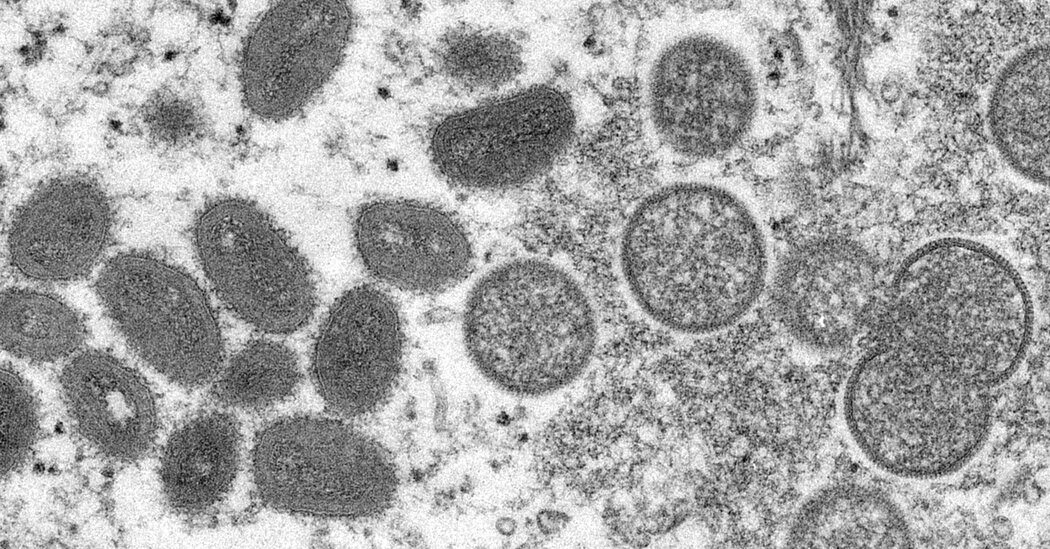
A man who had traveled to Canada has been diagnosed with the monkeypox virus, a rare and potentially fatal disease, the Massachusetts Department of Public Health reported on Wednesday.
This is the first report of monkeypox this year in the United States. Officials in Texas and Maryland recorded one case each last year. But the new case follows a series of unusual clusters in other countries that have begun to alarm public health officials.
In the past few weeks, Britain has identified nine monkeypox cases. Only one patient had recently traveled — to Nigeria, where a strain of the monkeypox virus has been commonly seen — while the remaining British patients, who did not travel, may have acquired the infection through community transmission. Three patients shared a household.
Spain has 23 suspected cases. Portugal has confirmed five cases and is investigating another 15. Canadian health officials are investigating at least 15 possible cases in Montreal, according to an infectious disease specialist who was familiar with the effort but was not authorized to discuss the matter publicly.
“The fact that it’s in the U.K. in multiple unrelated clusters, plus Spain, plus Portugal, is a surprise,” said Dr. Tom Inglesby, director of the Johns Hopkins Center for Health Security at the Bloomberg School of Public Health.
Monkeypox is a more benign version of the smallpox virus and can be treated with an antiviral drug developed for smallpox. But unlike measles, Covid or influenza, monkeypox does not typically cause large outbreaks.
Clinicians should become aware of the symptoms so that they can quickly detect new cases, Dr. Inglesby said.
Monkeypox infection begins with fever and body aches. Its most recognizable feature is a characteristic rash that starts with flat red marks, then becomes raised and filled with pus.
The pustules appear on the face, chest and on the palm, “which is somewhat unusual,” Dr. Inglesby said.
The virus is endemic in parts of Central and West Africa and may be spread through bites or scratches from rodents and small mammals. Contact with live and dead animals through hunting and consumption of wild game or bush meat are known risk factors, according to the World Health Organization.
The United States saw a monkeypox outbreak of dozens of cases in 2003. All were believed to have resulted from exposure to infected prairie dogs and other pets.
The virus does not jump between people but can spread via body fluids, contaminated objects or through respiratory droplets expelled by an infected person. The cases reported in Britain and in Canada were mostly among men who have sex with men.
“These latest cases, together with reports of cases in countries across Europe, confirms our initial concerns that there could be spread of monkeypox within our communities,” Dr. Susan Hopkins, chief medical adviser to the U.K. Health Security Agency, said in a statement on Tuesday. “This is rare and unusual.”
Men in those communities should watch for rashes or lesions on any part of their bodies, especially genitalia, experts said.
Health officials in Massachusetts are working closely with the Centers for Disease Control and Prevention and the patient’s health care providers to identify individuals who may have been in contact while he was infectious, the officials said in a statement.
The individual is hospitalized and in good condition, officials said.
